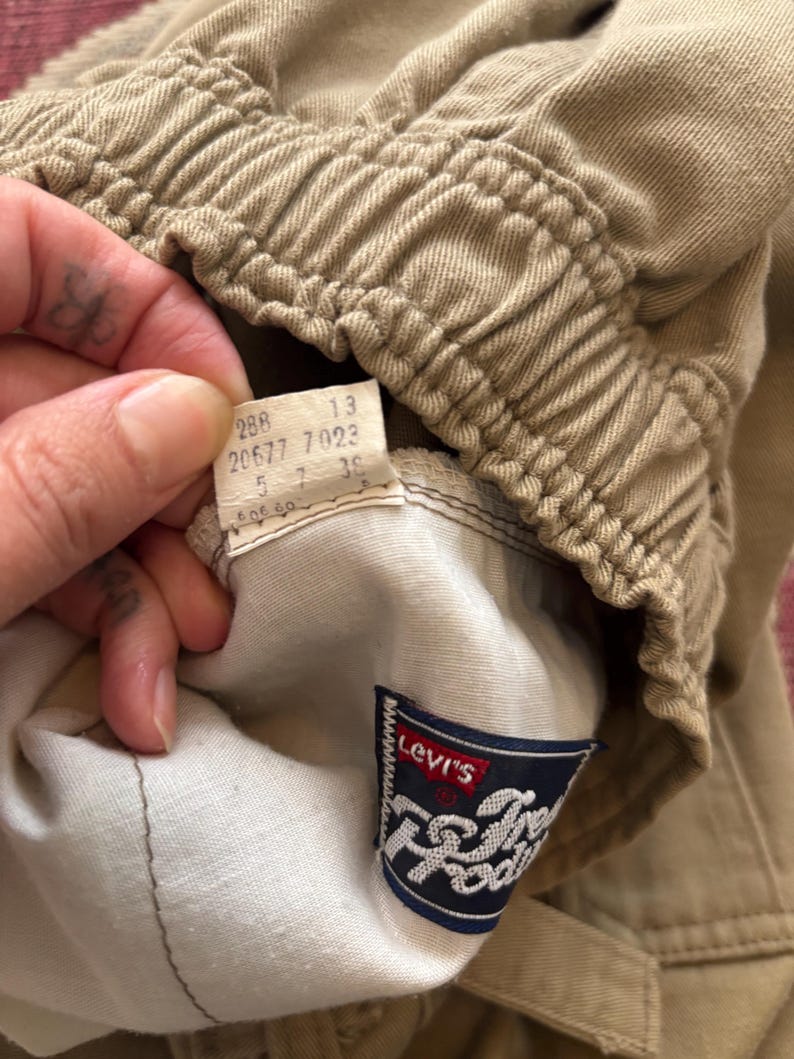Low in stock, only 3 left
Price:Rp 12.300
OYO88: Game Slot Server Thailand No 1 Indonesia Paling Gacor Anti Kalah 2026
Star Seller
Star Sellers have an outstanding track record for providing a great customer experience—they consistently earned 5-star reviews, shipped orders on time, and replied quickly to any messages they received.
You can only make an offer when buying a single item
Star Seller. This seller consistently earned 5-star reviews, shipped on time, and replied quickly to any messages they received.
Highlights
OYO88 merupakan wadah bermain game slot server Thailand berlisensi resmi yang dikenal paling gacor di tahun 2026. Menjadi no 1 di Indonesia, OYO88 terbukti menghadirkan sistem anti kalah dengan peluang menang besar dan pengalaman bermain slot gacor yang stabil serta menguntungkan.
-
Ships out within 1–3 business days
-
But please contact me if you have problems with your order
-
Cost to ship: Rp635,428
-
Ships from: United States
There was a problem calculating your shipping. Please try again.
Etsy Purchase Protection
Shop confidently on Etsy knowing if something goes wrong with an order, we've got your back for all eligible purchases — see program terms
Be the first to review this item

This seller usually responds within 24 hours.
Smooth shipping Has a history of shipping on time with tracking.
Speedy replies Has a history of replying to messages quickly.
Rave reviews Average review rating is 4.8 or higher.
All reviews from this shop (602)
All reviews are from verified buyers. Reviews are shown automatically based on factors like recency, whether they include comments, your chosen language, and whether the rating reflects the typical experience with the shop.



